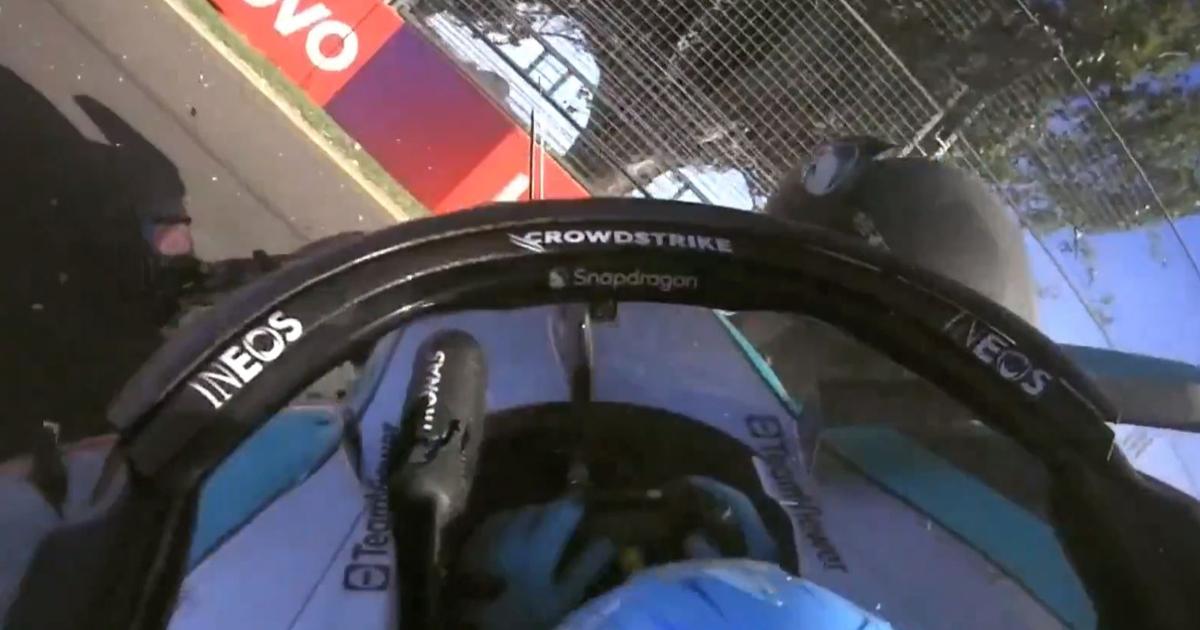Our educational authorities have decided to eliminate the Philosophy of studies for children and young people.
With this they do nothing but follow the massive current that has eliminated critical thinking from intellectual life, except in those subjects and places where theory can be used for something practical and monetizable, that is, available to technical power.
More information
Total Life (On the Duino Elegies)
The disappearance of Philosophy can serve so that the mentors more inclined to a deep and lasting education of their pupils choose poetry as a means of posing the problems that have always plagued Western thought.
Thus, for example, I perfectly conceive a Philosophy course based on the prologue that Andreu Jaume has written for his translation of Rilke
's Duino Elegies
(Lumen).
In these dense pages he has glossed over the task of Western thought for two thousand years.
Reading and discussing them with engaged learners can be truly remarkable.
Western philosophy was born, as everyone knows, in Greece and in order to tame the devouring beast of consciousness of death and ending.
Unlike other cultures, ours is built on a very clear and acute conviction that we have to die, we are mortal, ephemeral and inconsequential.
Since Parmenides and Plato, thought has sought how to found the world, the universe, things and ourselves on something lasting.
What would be worth thinking about was what could not disappear in a few seasons.
And, therefore, being, what is, what things are not was the core of philosophy.
This inspection was losing strength from the renaissance until completely dismasted to the bourgeois revolution.
From that moment on, nihilism was gaining more and more strength until it became the only ideology accepted by the different powers of the State.
We have gotten used to the fact that the State is the machine that dispenses justice for life and although it puts on different disguises (opulent, miserable, technical, charitable or criminal) the truth is that it does not offer any project, hope or vision that goes beyond our life consumed in useful work for immediate power and a death that is hidden in places intended for dissimulation.
However, a corner remained inaccessible to destruction and that corner can be called "lyrical", "poetry" or "supreme art of the word".
The last or penultimate of that species, each day more extinct, was Rainer María Rilke.
And his final work is a monument called
Duino Elegies.
This enormous work is the one that Andreu Jaume has translated in an exemplary way, and has added a set of documents of special interest, such as letters or poems related to the work, plus the author's comments, many of them unpublished in Spanish.
In these 10 final poems by the poet, he poses the superhuman task of abandoning nihilism, of recovering praise, homage, and the celebration of life and its immutable sister, death.
That is, to integrate mortality as an element of foundation and affirmation of the greatness of the world that humans can extol through words.
Because this is the final poem of the glory of the word and of the linguistic condition of mortals.
Then will come our time and the mastery of the image.
Of course the edition is bilingual, but the power of the poems, as in Hölderlin's, goes beyond the German language.
An immense poem, an exemplary translation for us, designed for us.
Lasting edition and therefore true.
Subscribe to continue reading
Read without limits
Keep reading
I'm already a subscriber

/cloudfront-eu-central-1.images.arcpublishing.com/prisa/2II44PJKFVFVBI2DTDYNQNPKRI.jpg)













